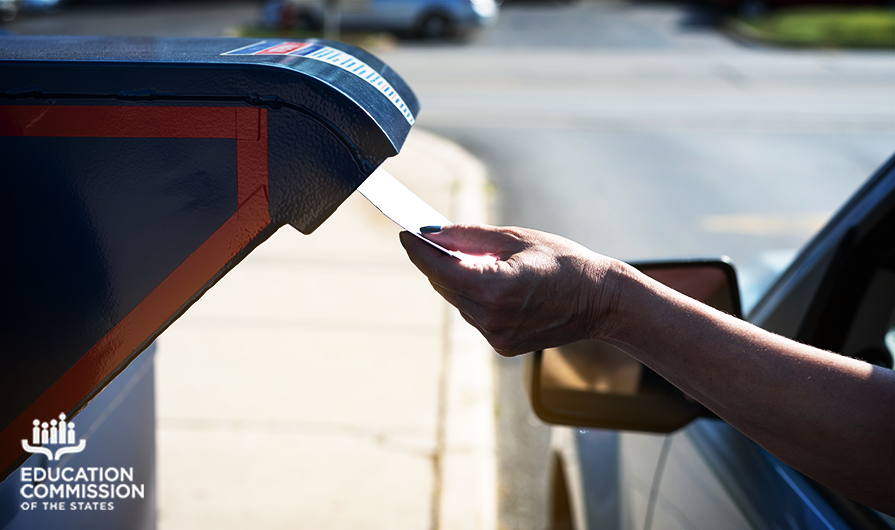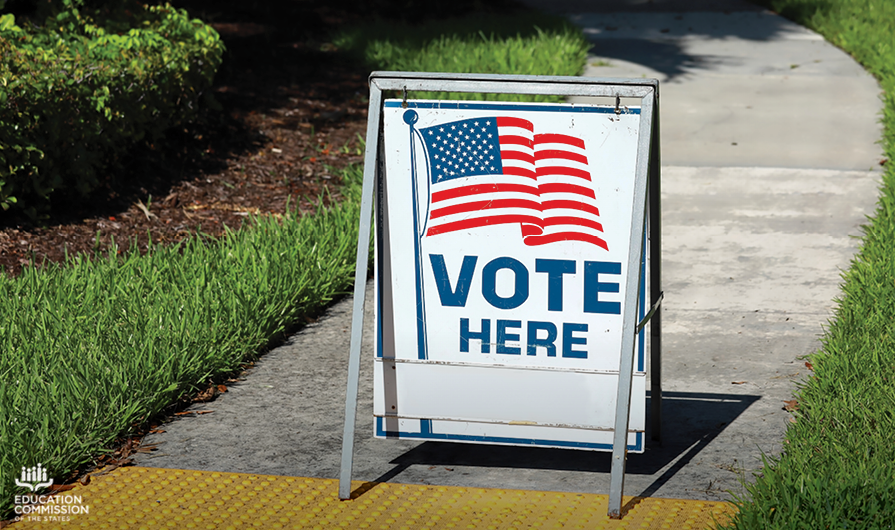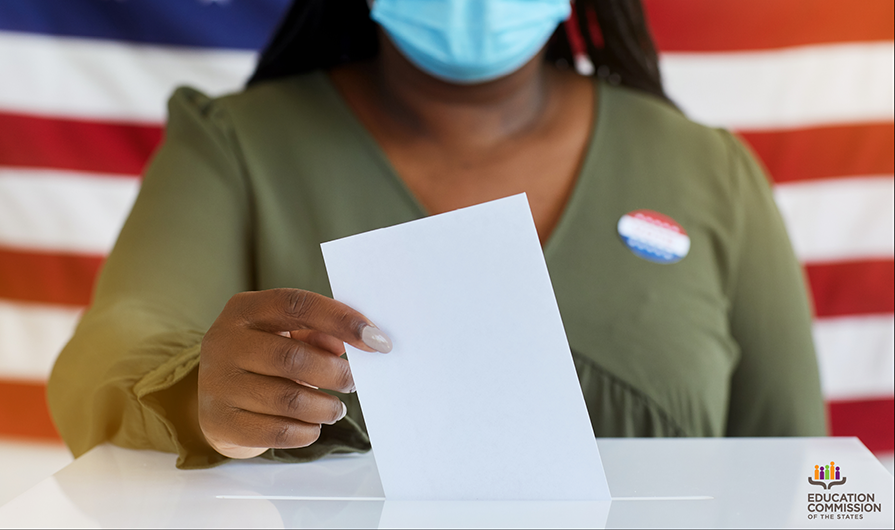It’s that time of year again — elections season! Since 2021 is an off-cycle year for most states, only a handful are conducting elections for key education leadership roles this November. Our team is keeping a close eye on these races and education-related ballot measures to keep you informed of changes going into 2022.
Gubernatorial Races
Governors play a key role in setting the education policy agenda in their states and working with stakeholders across the education spectrum to implement their priorities. Governors also have the authority to appoint key education leadership roles in their states.
Two states have gubernatorial elections this year: New Jersey and Virginia. The current governor of Virginia, Ralph Northam (D), is term limited so the state is guaranteed a new governor. New Jersey governor Phil Murphy (D) is not term limited and is running for re-election this cycle.
State Education Chiefs
Chief state school officers lead their respective state departments of elementary and secondary education and play a critical role in ensuring that schools and educators meet the needs of all the students they serve.
Earlier this year, Wisconsin held a nonpartisan election for a new state education chief, and Jill Underly was elected as the new state superintendent of public instruction.
In New Jersey and Virginia, the governor has the power to appoint the chief, so there is potential for new leadership with the gubernatorial races in those states.
Not all state education chiefs are elected — in fact, 38 are appointed by the governor or state board of education. In 2021, new state education chiefs have been appointed in Connecticut, Hawaii, Indiana, Maryland, Minnesota, New Jersey, New Mexico, New York, Ohio and the District of Columbia.
State Higher Education Officers
The role of a state higher education executive officer in education policy can vary greatly depending on the governance structure in each state, but generally SHEEOs are responsible for overseeing the governance, operations and public policy efforts of their statewide higher education system, board or department.
All state higher education officers are appointed either by the governor or by the higher education governing board, so there will be no SHEEO elections in 2021. In New Jersey, the governor appoints the secretary of higher education with consent of the Senate, so there is potential for new leadership based on the gubernatorial election results.
State Board of Education Members
Similar to state higher education officers, the role of a state board member in education policy can vary greatly depending on the structure of the state’s specific board. Generally state board of education members play a critical decision-making role in state education policy and implementation.
Earlier this year, Louisiana held an election for one seat on the state board of elementary and secondary education that was won by Michael Melerine (R).
In New Jersey and Virginia, the governor has the power to appoint members to the state board of education, so both state boards have the potential to gain new members because of the gubernatorial elections.
State Legislators
State legislators are involved in their state’s education system typically through their constitutional obligation to establish and maintain the state public school system. Legislators also have the responsibility of determining the state budget and allocations for education spending.
This year, 3 of the 99 legislative chambers in the country are holding general elections including the Virginia House of Delegates and both the New Jersey House of Representatives and the New Jersey State Senate. Several other states have held special elections for specific legislative seats throughout 2021, including Alabama, California, Connecticut, Georgia, Iowa, Kentucky, Maine, Massachusetts, Michigan, Mississippi, Missouri, New Hampshire, Oklahoma, Pennsylvania, Rhode Island, Tennessee, Texas, Virginia and Wisconsin.
Upcoming Ballot Measures
In addition to leadership changes, Education Commission of the States also identified three states with education-related measures on the 2021 ballot.
- Colorado Initiative 25 would increase marijuana retail sales tax to partially fund the creation of an out-of-school education program for children ages 5 to 17 years old and to fund an independent state agency to govern the program.
- New Jersey Public Question 1 would change state law to permit wagering, through casinos and current or former horse racetracks, on all college sports or athletic events.
- Washington enacted B. 5096 in 2021 to increase taxes on capital gains to fund education and child care programs. Advisory Vote Number 37, which has no binding authority and serves in an advisory capacity only, asks voters to propose maintaining or repealing the capital gains tax increase.
Our team will track all of these races, so check back after Nov. 2 for our post-elections coverage! You can also catch up on our previous elections coverage here.















